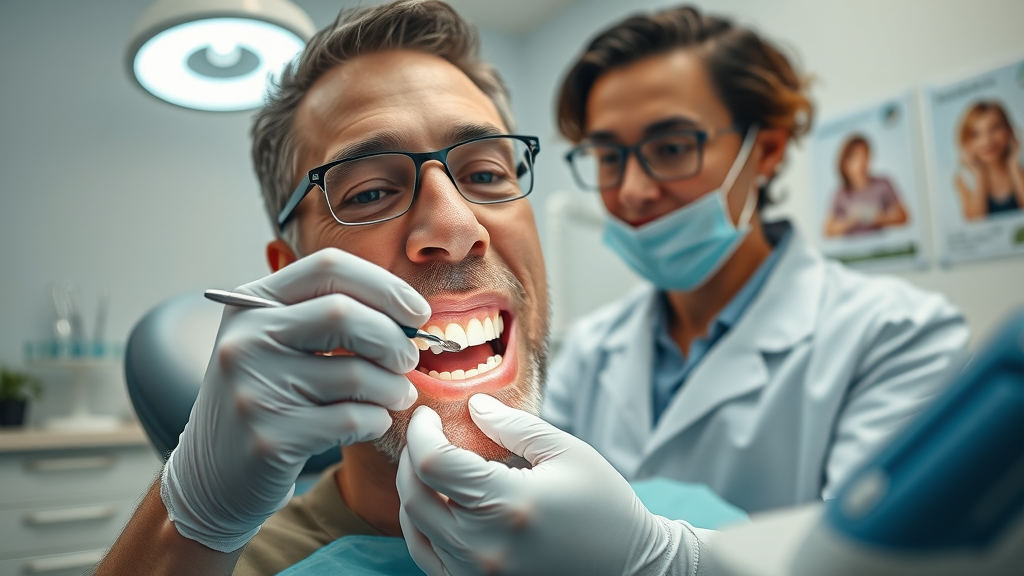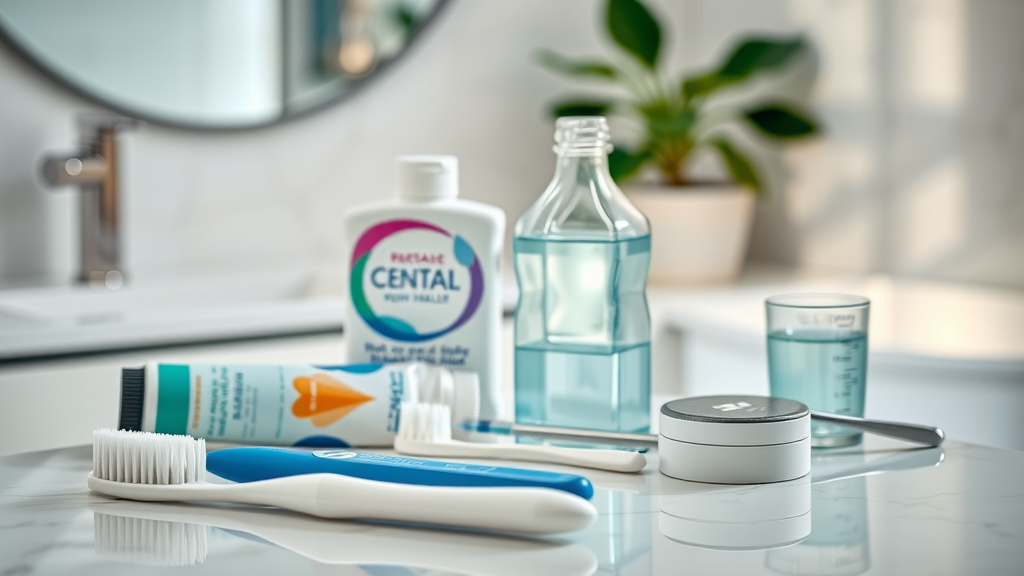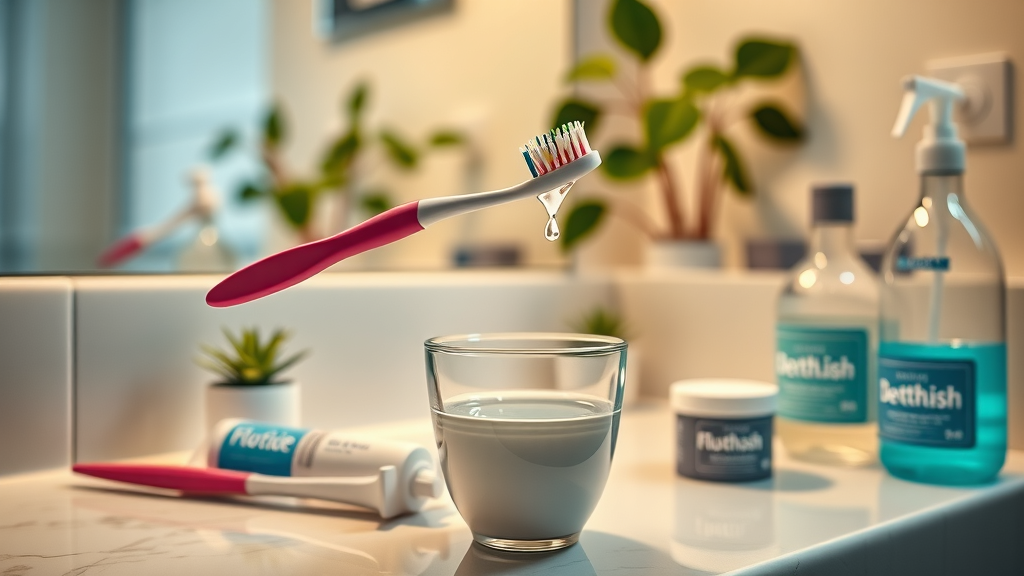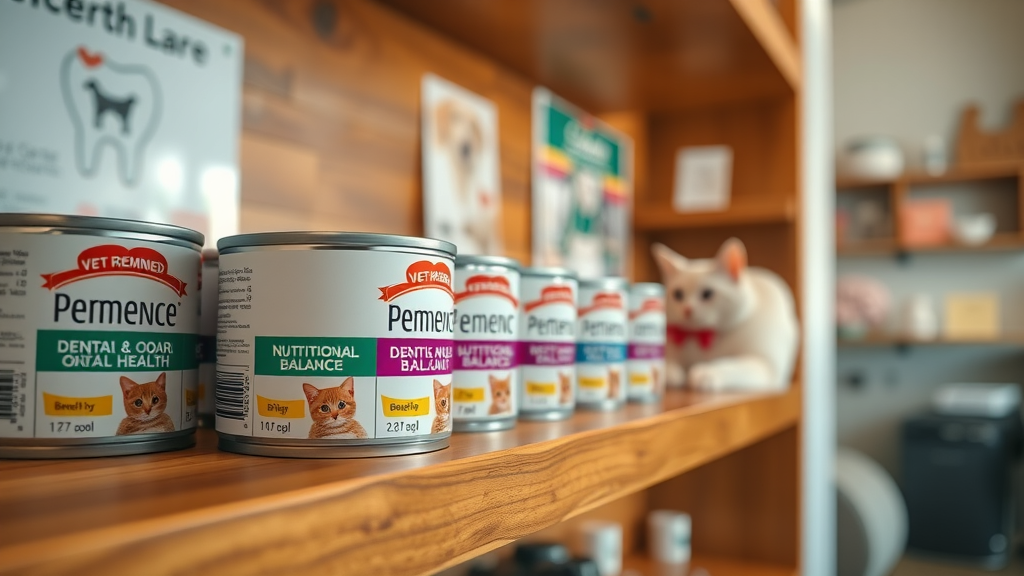Ever wondered how your oral health impacts your overall well-being? Let’s delve into the world of dental care to unveil secrets you never knew about!
Unveiling the Secrets of Dental & Oral Health
Why Oral Health Matters for Overall Well-being
Oral health is often seen as a separate aspect of our health regimen, yet it plays a crucial role in the overall well-being of an individual. Dental health is intertwined with many bodily functions and conditions, making it imperative to maintain. Poor oral health can lead to gum diseases, which are linked to heart diseases and diabetes. Moreover, oral infections can reduce the body’s ability to fight off other ailments.
Taking care of your teeth and gums can enhance your quality of life by preventing discomfort, excessive medical costs, and a broad range of related health issues. By ensuring meticulous dental care, you invest in a brighter smile and a healthier body. Simple practices like regular brushing and professional cleanings make a significant impact.

Common Oral Health Issues and How to Address Them
Common oral health issues such as cavities, gum diseases, and bad breath can disrupt daily life. Cavities often result from poor oral hygiene and high sugar intake. Regular fluoride application, brushing, and flossing can reduce the development of cavities while providing relief from discomfort. Gum diseases, on the other hand, require a more robust approach involving dentist visits, professional cleanings, and possibly periodontal treatment for advanced cases.
Implementing preventive measures like regular dental check-ups, balanced diets abundant in nutrients, and consistent dental cleaning can help individuals tackle these issues before they escalate into more significant health concerns.
Effective Tips for Maintaining Dental Health
Daily Hygiene Practices Every Individual Should Follow
The cornerstone of optimal dental health is maintaining consistent and effective oral hygiene practices. It includes brushing twice daily with fluoride toothpaste, flossing between teeth, and using mouthwash to eliminate residual bacteria. Emphasizing proper brushing and flossing techniques can significantly reduce the risk of decay and disease, promoting a healthier mouth.

Role of Diet in Promoting Strong Teeth and Gums
Diet plays a vital role in maintaining dental health. Consuming foods rich in calcium, vitamin D, and phosphorus can strengthen tooth enamel and support gum health. Nutrient-rich foods like leafy greens, dairy products, and nuts are excellent choices. Limiting sugary snacks and drinks helps prevent tooth decay and maintains the balance of oral bacteria. Drinking sufficient water aids in the natural cleansing of the mouth.
How Regular Dental Check-ups Can Prevent Major Issues
Regular dental check-ups are not just about cleaning teeth but also about spotting potential issues before they arise. Dentists can detect early signs of cavities, gum disease, and even oral cancer, providing timely interventions that can prevent more serious problems. Comprehensive evaluations ensure your oral care regimen is effective and tailored to your needs.

Debunking Myths Surrounding Dental Care
Busting Common Misconceptions about Oral Hygiene
Many misconceptions persist about dental care. For instance, some believe that only sugar leads to cavities, ignoring the role of acidic foods. Others think brushing harder will enhance cleanliness, yet it may damage gums. Debunking these myths is crucial for adopting healthier habits. Educating individuals empowers them to make informed decisions about their dental practices.

The Importance of Choosing the Right Dental Products
Toothpaste, Brushes, and Floss: A Guide to Selection
Selecting the correct dental products can make a significant difference in oral health. Investing in a soft-bristled toothbrush, using fluoride toothpaste, and choosing floss that fits your needs can aid in maintaining oral hygiene. Consulting with dental professionals helps tailor choices specific to your oral health requirements.

Evaluating the Role of Mouthwash in Oral Care
Mouthwash is a supplementary tool that can enhance oral hygiene by reducing bacteria and plaque, freshening breath, and fortifying regular brushing and flossing practices. Choosing an alcohol-free variant can prevent dryness of the mouth while effectively aiding in oral maintenance.
Impact of Advanced Oral Health Products
Innovations in oral care products, such as electric toothbrushes and water flossers, offer advanced solutions for maintaining dental health. These products provide enhanced cleaning capabilities, reaching areas that traditional methods might miss, thus offering a more comprehensive oral care routine.
Quote: Expert Opinions on Oral Health
“Regular dental visits and proper hygiene practices are essential for maintaining both oral and general health.” – Dr. Emily Carter
Understanding the Connection Between Oral and Systemic Health
How Oral Health Affects Cardiovascular and Respiratory Systems
Good oral hygiene is known to influence the health of both cardiovascular and respiratory systems significantly. Bacteria from periodontitis can enter the bloodstream, affecting heart vessels and raising the risk of heart attacks. Furthermore, diseases like pneumonia can stem from inhaling bacteria-laden oral droplets into the lungs.

The Link Between Oral Health and Diabetes
Poor oral health can complicate diabetes management as infections can make blood sugar levels harder to control. Conversely, diabetes can increase the risk of gum disease, creating a reciprocal relationship that requires diligent dental care and regular monitoring.
Oral Health Implications in Pregnancy and Childhood
Pregnancy can increase the risk of oral health issues, making regular dental care essential for both mother and child. In childhood, establishing strong oral habits lays the foundation for lifelong health, emphasizing the importance of early education in dental care routines.
What You’ll Learn
- Critical insights into maintaining dental and oral health
- Identification and management of common oral health issues
- Tips on selecting effective dental care products
Key Takeaways
- Practice good oral hygiene consistently for optimal health.
- Regular dental check-ups can mitigate health risks.
- Diet plays a crucial role in maintaining strong teeth and gums.
Conclusion: Embracing a Healthier Oral Care Routine
Embedding Oral Health in Daily Life for Long-Term Benefits
Integrating proper oral care into your daily routine rewards you with lasting health benefits, highlighting the broader impact of consistent dental practices.

FAQs
Can small dogs eat wet cat food?
While small dogs can physically consume wet cat food, it is not recommended as cat food is formulated with different nutritional needs in mind, primarily catering to felines’ protein requirements, which may not be suitable for small dogs in the long term.

What is the best vet recommended wet cat food?
Vet recommendations often include brands like Royal Canin or Hill’s Science Diet due to their nutritional balance and adherence to feline dietary needs. It’s important to choose a product that meets your pet’s specific health requirements.

How to feed cats healthy on a budget?
Maintaining feline health on a budget involves opting for quality ingredients over commercial hype, seeking variety packs to prevent diet monotony, and ensuring meals are balanced with necessary nutrients to support their growth and wellness.
Can small dog breeds eat cat food?
Small dog breeds should not regularly eat cat food as it lacks the balanced nutrition dogs require for their development and well-being. A diet primarily consisting of dog food is recommended to meet their specific dietary needs.

Leave a Reply